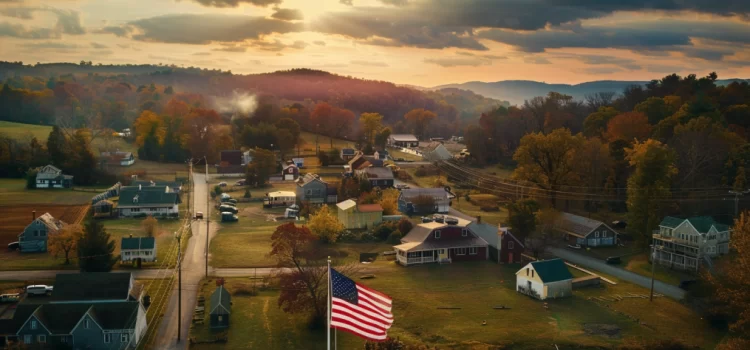How can an introvert become a networking professional? How did Michelle Cunningham use her introversion to her advantage? Michelle Cunningham, author and marketing expert, came from humble beginnings. Despite being introverted and shy, she pushed herself out of her comfort zone to rise to the top of a multi-level marketing company. Here’s Cunningham’s story, as told in Do It Anyway, Girl.
Michelle Cunningham: From Introvert to Network Marketing Pro










